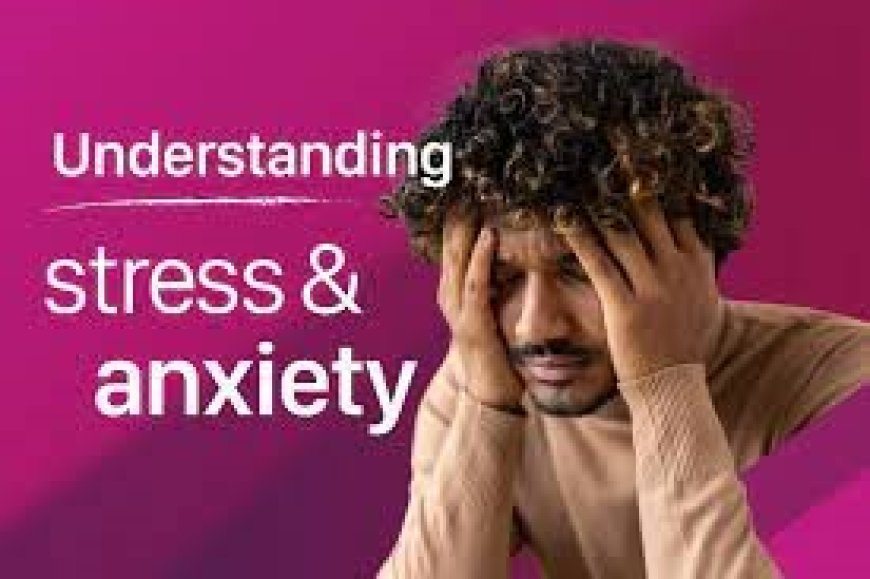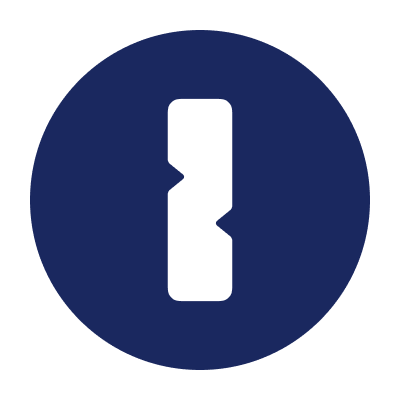What Treatments Are There for Depression?
There are many effective options for depression treatment in Ontario, whether you prefer therapy, medication, or lifestyle changes.

Depression is a common and serious mental health condition that affects how you feel, think, and handle daily activities. It can cause sadness, loss of interest, and even physical symptoms. Luckily, there are many options available to help manage and treat depression. If you or someone you know is struggling, it's important to seek professional help. There are many effective options for depression treatment in Ontario, whether you prefer therapy, medication, or lifestyle changes.
In this article, we will explain the different treatments available for depression, how they work, and what you can expect from them. We’ll also highlight a trusted provider of care in Ontario to help you or your loved one start the journey to healing.
Understanding Depression
Before diving into treatment options, it’s important to understand what depression is. Depression goes beyond just feeling sad. It’s a serious condition that can affect anyone, at any age. People with depression may feel hopeless, tired, or even guilty for no reason. It can interfere with work, relationships, and daily tasks.
There is no single cause of depression. It can result from a combination of genetics, brain chemistry, stressful life events, or medical conditions. That’s why mental health services need to offer a wide range of treatments to suit different needs.
Types of Depression Treatment
1. Psychotherapy (Talk Therapy)
Psychotherapy, also known as talk therapy, is one of the most common and effective forms of depression treatment. It involves speaking with a trained therapist who helps you understand your feelings and develop healthier ways to cope.
There are several types of psychotherapy:
- Cognitive Behavioral Therapy (CBT): Helps you change negative thought patterns.
- Interpersonal Therapy (IPT): Focuses on improving personal relationships and communication.
- Psychodynamic Therapy: Helps you explore past experiences and emotions.
Talk therapy is often the first choice for people with mild to moderate depression. It can be done in person or online, depending on your comfort and availability.
2. Medication
Antidepressant medications are another widely used depression treatment. These drugs help balance brain chemicals linked to mood and emotions. Some common types include:
- SSRIs (Selective Serotonin Reuptake Inhibitors): Such as fluoxetine (Prozac) or sertraline (Zoloft).
- SNRIs (Serotonin and Norepinephrine Reuptake Inhibitors): Like venlafaxine (Effexor).
- Atypical Antidepressants: Like bupropion (Wellbutrin).
These medications usually take a few weeks to show full results. They are most effective when combined with therapy and a strong support system. Always consult a doctor or psychiatrist to find the best option for your needs.
3. Lifestyle Changes and Self-Care
Making healthy changes to your daily routine can also improve your mood and help manage symptoms of depression. Simple habits can make a big difference:
- Regular Exercise: Boosts mood and energy.
- Healthy Eating: Supports brain health and overall wellness.
- Adequate Sleep: Helps improve emotional balance.
- Mindfulness and Meditation: Reduce stress and negative thinking.
These steps don’t replace professional treatment, but they support your overall recovery.
4. Support Groups
Joining a support group can help you connect with others who are going through similar challenges. Sharing your story, listening to others, and offering encouragement can reduce feelings of isolation. Many mental health services in Ontario offer in-person or online group therapy sessions.
5. Hospitalization and Intensive Treatment
In some cases, a person with severe depression may need more intensive care. Hospitalization may be necessary if someone is at risk of harming themselves or others. Hospitals provide round-the-clock care, therapy, and medication management.
Some people benefit from intensive outpatient programs (IOPs) or partial hospitalization programs (PHPs), which offer structured treatment during the day while allowing you to return home at night.
6. Alternative and Holistic Approaches
Some individuals look to alternative or complementary treatments along with traditional methods. These may include:
- Acupuncture
- Herbal Supplements (Always consult a doctor before starting any supplement)
- Art or Music Therapy
- Yoga and Breathing Exercises
While research is still growing in this area, many people find these treatments helpful for emotional balance and self-expression.
Ontario offers a wide range of options for treating depression, from private clinics to public mental health services. Many professionals are trained to provide evidence-based care, including therapy and medication management. You can access services through hospitals, community centers, and private practices.
If you’re unsure where to start, your family doctor can refer you to a mental health specialist. You can also explore resources online, including government-supported programs like Ontario Health Insurance Plan (OHIP) that may cover some services.
Finding the right depression treatment in Ontario may take time, but help is available. The most important thing is to reach out and take that first step.
Support and Care with Renewed Mental Health Group
When you or a loved one is facing depression, finding the right support is crucial. Renewed Mental Health Group is a trusted provider in Ontario, offering personalized and compassionate care for individuals struggling with depression and other mental health issues.
With a team of experienced therapists, doctors, and support staff, they provide a range of services tailored to your unique needs. Whether you need talk therapy, medication support, or a combination of both, Renewed Mental Health Group ensures that you are treated with respect and understanding. Their goal is to help you regain balance and improve your quality of life. They also offer virtual sessions for added comfort and convenience.
If you are looking for professional help that feels personal and effective, Renewed Mental Health Group is a name you can rely on.
Final Words
Depression is not something you have to face alone. With the right treatment and support, you can manage your symptoms and live a fulfilling life. From therapy and medication to lifestyle changes and professional services, there are many paths to recovery. The key is finding what works best for you and taking the first step toward healing.
If you're living in Ontario and struggling with depression, don't wait to seek help. Reach out to a qualified provider like Renewed Mental Health Group or explore local mental health services to find the care you need.

































































































































































